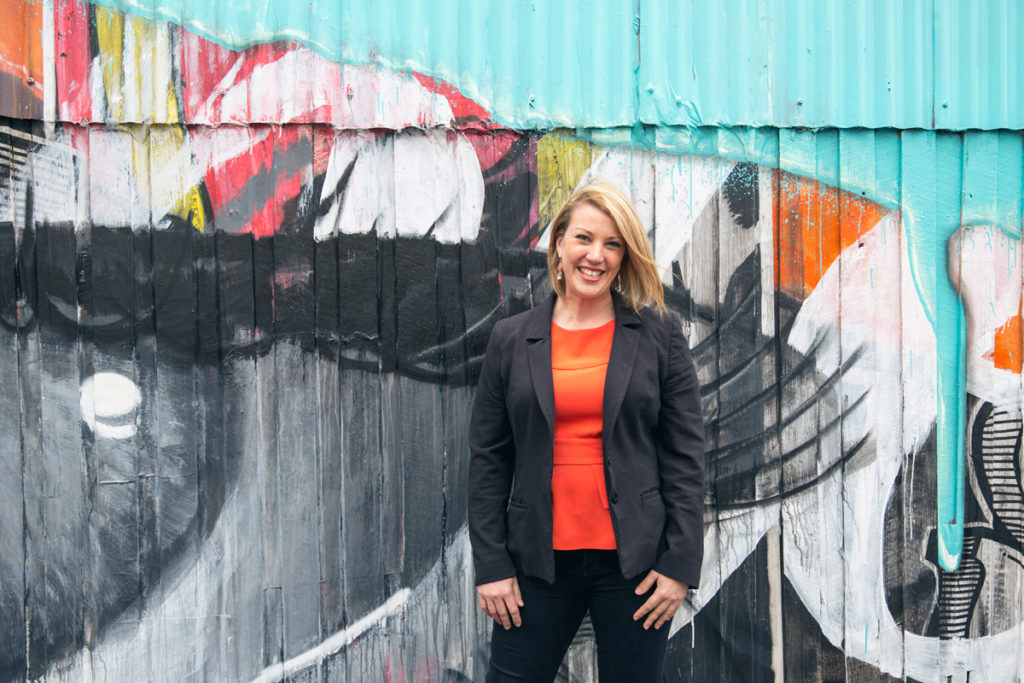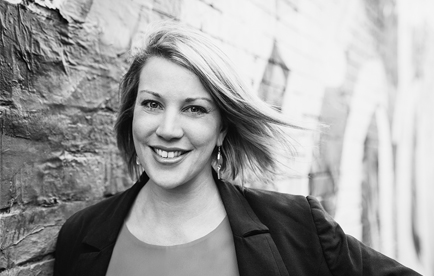
By Kate Ritchie, Principal Lawyer and Trade Marks Attorney at Ethikate
Starting and managing a small business is no easy task.
Getting the business basics right, including legal and brand protection advice, is essential and there is so much to think about. From choosing a brand name, to registration, to obtaining a trade mark, there is a lot to consider.
The process seems simple. However, without the right expertise, it can be easy to miss things and make mistakes.
If you are a small business owner or a recently launched startup, ensure you get the right advice from the start to avoid making one of these five avoidable errors.
1: Choosing a generic brand name
Many business owners believe a brand name has to be descriptive to their product, service or location. They therefore select a generic brand or business name, such as ‘Melbourne Butcher’. Instead of focusing on something that describes what your business does, choose a name that is full of personality – save the descriptive and locational statements for the tagline. A distinctive brand name will distinguish your business in the marketplace and it is beneficial from a trade mark perspective, making it easier for you to enforce your rights if another business begins using a similar name.
2: Failing to conduct a thorough brand clearance
Before you launch your brand ensure you have conducted a thorough brand clearance. Many startup founders fail to do this correctly and it can be a costly error. Even with an entirely original innovation, enlist the help of a legal professional to conduct availability clearances for every country in which you intend to launch your brand.
This will help you to determine if there are any pre-existing trade mark registrations for a similar brand/product and mitigate risks from the outset.
3: Believing registering a business name is all that is required
Registering a business name or domain name does not allow you any exclusivity; it is simply the name you trade under. Before you begin creating any corporate collateral, conduct a thorough brand clearance and secure a trade mark. Without this, you have no right of ownership and may be at risk of trade mark infringement.
4: Only trade marking a logo
If only the logo is registered, only the logo is protected. If the logo is comprised of both words and images, the words or the images alone are not covered by the trade mark. When applying for a trade mark, all of the brand elements must be individually registered. Begin by securing the trade mark for the words followed by the images. This provides you the flexibility to use the words and images either individually or in conjunction with each other in all of your business collateral.
5: Assuming trade mark applications are easy
Only one in four trade mark applications is approved by IP Australia, and a failed application is an expense no business wants to incur. When applying for a trade mark, you need to ensure that you are covered for a broad range of services that align with your current operations and your future business aspirations. Trade mark applications are complex, so obtaining advice from a qualified trade mark attorney is important to ensure that your brand is protected now and into the future.
Ethikate offers a range of affordable packages specifically designed for startup founders and small businesses, including our $199 Initial Consult package. If you have any questions about small business law, including Intellectual Property, Trade Marks and Brand Protection, feel free to get in touch. We’d love to hear from you!
About the Author: Kate Ritchie is a strategically focused Principal Lawyer and Trade Marks Attorney with both commercial and business services and legal experience. Kate has broad ranging competency in all aspects of legal services including intellectual property law, brand protection, commercial and business transactions, negotiation and alternative dispute resolution, internet law, privacy, competition and consumer law and sports law. Kate has worked with top-tier commercial law firms such as Clayton Utz and high profile companies such as Thiess Pty Ltd and Tatts Group. Kate founded Ethikate in 2014 with a passion for providing specialist advice and services in Intellectual Property Law, Trade Marks and Brand Protection Strategies, business and commercial law and entertainment and media law for startups, entrepreneurs and small to medium businesses.

